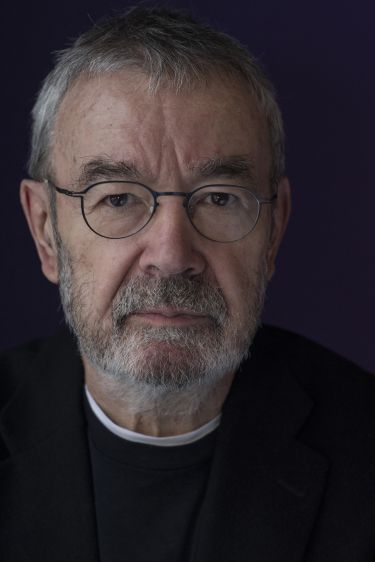born 1944 in Bad Hall, studied Slavic studies and Eastern European history. He is a translator of Polish literature, journalist, and author. He was foreign correspondent for the magazine Spiegel in Vienna and Warsaw between 1987 and 1998. His work has been highly acclaimed, including the Ehrenpreis des österreichischen Buchhandels für Toleranz in Denken und Handeln (2007) and the Leipziger Buchpreis zur Europäischen Verständigung (2011). He lives in southern Burgenland and Vienna. His most recent publications include: "Der Tote im Bunker. Bericht über meinen Vater" (2004), "Kaiser von Amerika. Die große Flucht aus Galizien" (2010), and "Kontaminierte Landschaften" (2014).
all events
